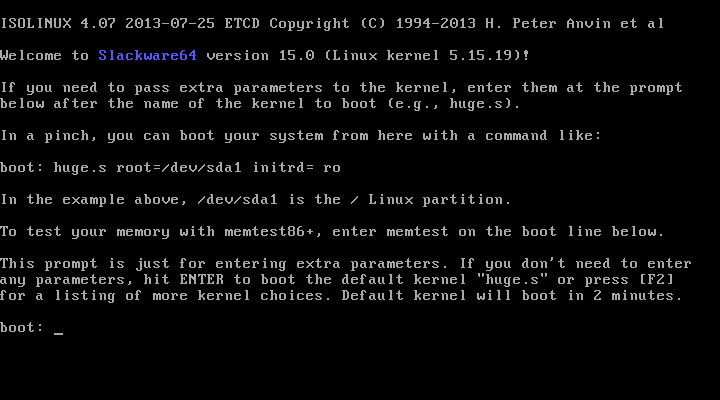Category: linux
-

Slackware Linux 15.0 Released
Slackware 15.0 is out today, this is the first new version of one of the oldest Linux operating system distributions since Slackware 14.2 was released in July of 2016. The first version of Slackware was released 28 years ago in 1993. Patrick J. Volkerding announced Slackware 15.0 with this message: Well folks, in spite of the…
-
How-To Geek: “Why You Should Use Proton Instead of the Steam Linux Runtime”
You should really just go play Escape Goat 2
-
Frozenbyte Developer Says Proton Better Than Older Linux Ports, Native Ports Not Worth Doing Yet
In a few threads on the Steam forums for an upcoming game called Starbase from Frozenbyte, the developer have spelled out that they believe Valve’s Proton Windows emulation compatibility layer is better than the older ports their games (Trine, Shadowgrounds) had: Currently it’s probably a better idea to play the Windows versions of our old…
-
The Torvalds Situation
This is old news to some, but it’s still something I wanted to write about. Linus Torvalds, the Linux kernel creator and project manager, has stepped aside (temporarily) to work on his attitude, which is acerbic and awful. Spewing expletives and insults at anyone who dares to work on the kernel. At first, it wasn’t…
